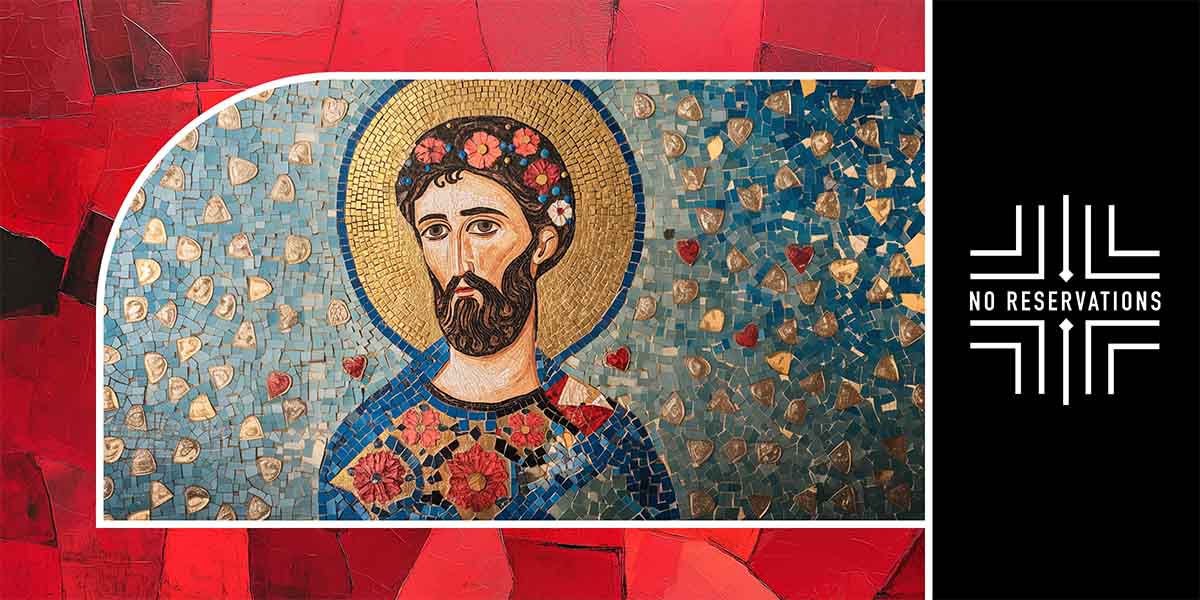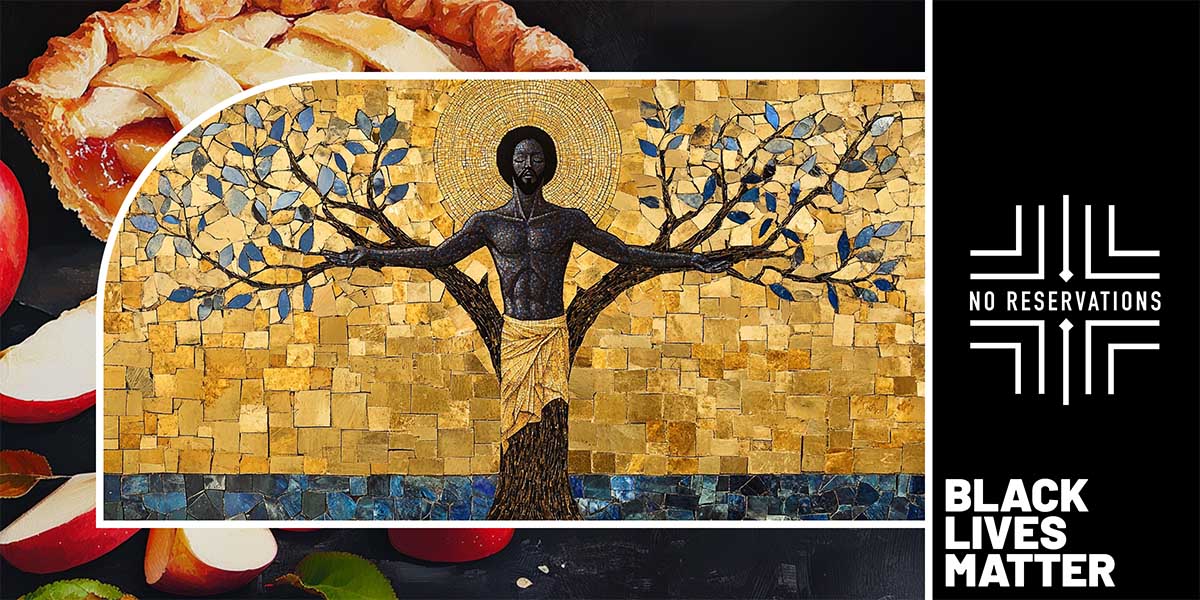“Don’t try to be a great man. just be a man, and let history make its own judgments.” – Zephram Cochrane
Perfectionism—it’s that nagging voice inside that tells us we’re never quite good enough, that we need to do more, be more, and never, ever make a mistake. On the surface, perfectionism might seem like a positive trait. After all, what’s wrong with wanting to do our best? But when we dig deeper, we often find that perfectionism isn’t about striving for excellence; it’s about fear, shame, and an unrealistic expectation of flawlessness that can keep us stuck, disconnected from our authentic selves.
Perfectionism and the Authentic Self
In No Reservations, we talk a lot about the journey to discovering and living as your Authentic Self. This is the truest version of you—the person you are when you strip away the masks, the expectations, and the fears. It’s the you that is deeply connected to the Divine within, living in alignment with your values, passions, and purpose.
Perfectionism, however, is one of the biggest barriers to this journey. Why? Because perfectionism is rooted in shame—the fear that if we aren’t perfect, we aren’t worthy of love, acceptance, or respect. This shame disconnects us from our Authentic Self, leading us into what No Reservations calls Self-Destructive Loops. These loops are patterns of behavior that keep us trapped in cycles of anxiety, self-doubt, and unfulfilling pursuits.
The Problem with Perfectionism
Perfectionism can manifest in many ways. It might show up as procrastination (because if you don’t start, you can’t fail), overworking (because if you just try hard enough, you’ll get it perfect), or avoiding challenges altogether (because it’s safer not to try than to risk imperfection). These behaviors can keep you from fully embracing who you are, limiting your growth and potential.
The pressure to be perfect can also isolate you from others. If you’re always trying to appear flawless, you might avoid being vulnerable, which is essential for genuine connection. Instead of showing up as your authentic self, you end up presenting a curated version that’s disconnected from who you really are.
Overcoming Perfectionism: Steps Toward Authentic Living
The good news is that you can break free from the trap of perfectionism and start living more authentically. Here are some steps to help you along the way:
-
Recognize the Roots of Perfectionism:
Start by acknowledging where your perfectionism comes from. Often, it’s rooted in early experiences of criticism, high expectations, or conditional love. Understanding these roots can help you begin to untangle the shame that fuels your perfectionism.
-
Embrace Imperfection as Part of the Human Experience:
Remember that being human means being imperfect. Everyone makes mistakes, has flaws, and experiences setbacks. These are not signs of failure but opportunities for growth. In the journey toward your Authentic Self, imperfection is not the enemy—it’s a teacher.
-
Practice Self-Compassion:
When you catch yourself in the perfectionism loop, pause and offer yourself some kindness. Treat yourself the way you would treat a friend who is struggling. Self-compassion is a powerful antidote to the harsh self-criticism that perfectionism breeds.
-
Set Realistic Expectations:
It’s important to aim high, but not so high that you set yourself up for failure. Setting realistic, achievable goals allows you to make progress without the pressure of needing to be perfect. Celebrate your efforts and improvements, not just the end result.
-
Reframe Failure as Feedback:
Instead of viewing mistakes as proof of your inadequacy, reframe them as feedback. What can you learn from this experience? How can it help you grow? Failure is not the opposite of success; it’s a step on the path to it.
-
Seek Connection, Not Approval:
Authenticity thrives in connection with others. Instead of seeking approval or validation, focus on building genuine relationships where you can be your authentic self. This means being vulnerable, sharing your struggles, and allowing others to see the real you.
-
Engage in Reflective Practices:
Prayer, meditation, or journaling can help you stay grounded in your Authentic Self. These practices allow you to reflect on your experiences, reconnect with your inner values, and realign with your true purpose.
Perfectionism as a Spiritual Challenge
At No Reservations, we view the journey toward authenticity as a spiritual one. Perfectionism is a spiritual challenge because it distracts us from the Divine presence within, replacing it with an obsession over external validation. But by facing this challenge head-on, by recognizing the shame that underlies it, and by choosing to live imperfectly but authentically, you can move closer to your true self and to the Divine.
Remember, the goal is not to be perfect; the goal is to be real, to live authentically, and to embrace the beauty and messiness of being human. In doing so, you’ll find that the pressure to be perfect begins to fade, and in its place, you’ll discover a deeper, more fulfilling connection to yourself, others, and the Divine.
So, the next time you feel the pull of perfectionism, take a deep breath, let go of the need to be flawless, and step forward in the truth of who you are—beautifully, wonderfully, and authentically imperfect.





